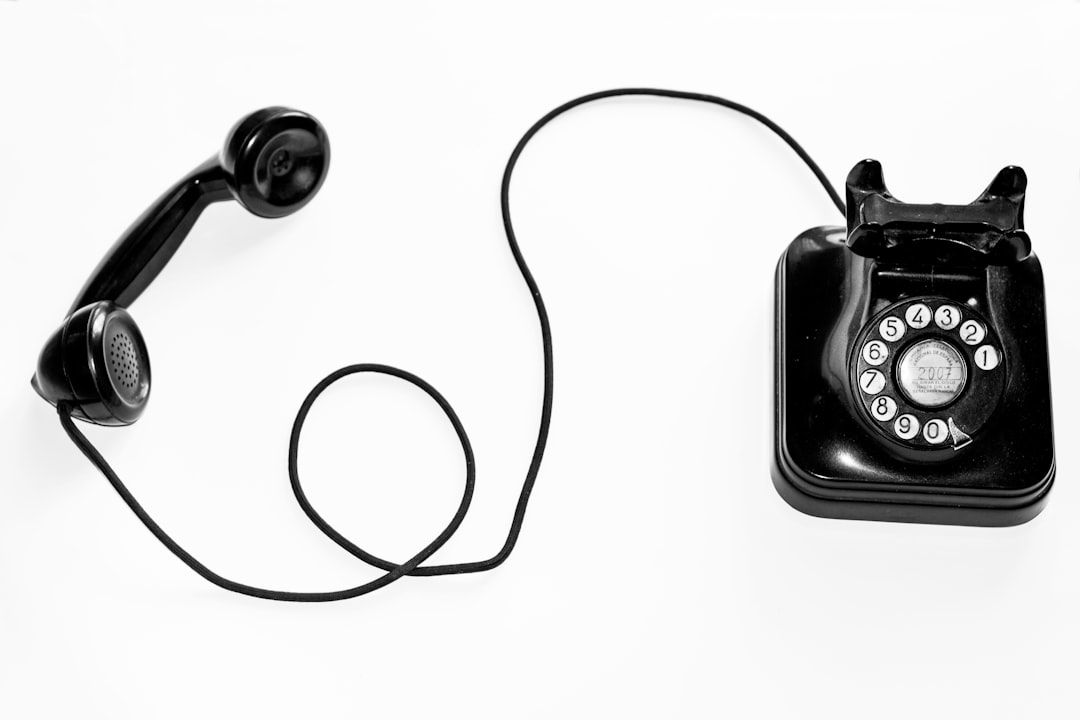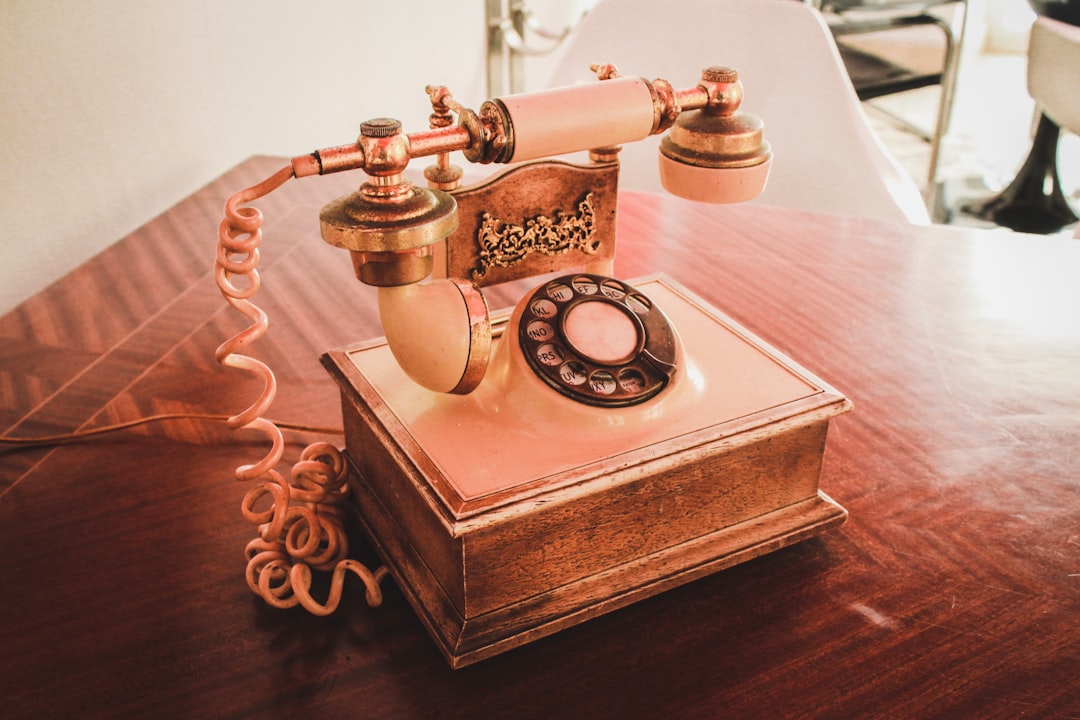Illinois and Chicago have separate "Do Not Call" laws, governed by state regulations and local rules, respectively, to protect residents from unwanted telemarketing calls. Do Not Call lawyers in Illinois assist with registration, compliance, and legal action against violators. Local regulations offer tailored protections, like specific call types exemptions and enforcement mechanisms, while national laws provide broader guidelines. Chicago's rules are enforced by the Attorney General's Consumer Protection Division, with specialized Do Not Call lawyers ensuring fair practices and privacy for residents.
Chicago’s unique Do Not Call rules set it apart from national laws. This comprehensive guide explores the intricacies of these local regulations, equipping Illinois residents with knowledge. We’ll delve into how these rules differ from federal legislation, who enforces them, and common exclusions and loopholes. Understanding these nuances is essential for Do Not Call Lawyers in Illinois to navigate this complex landscape and ensure compliance.
Understanding Do Not Call Rules in Illinois
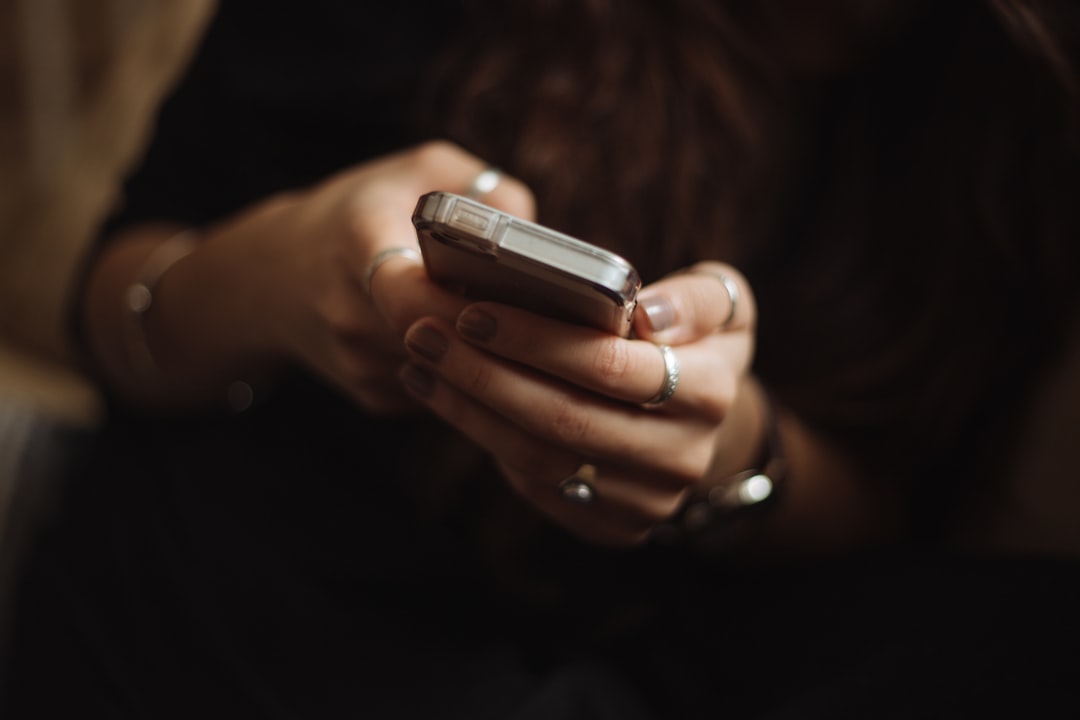
In Illinois, “Do Not Call” rules are governed by state laws and regulations, distinct from federal guidelines. These rules protect residents from unsolicited telephone marketing calls, offering a measure of privacy and peace. The Illinois Do Not Call Act prohibits businesses and organizations from making telemarketing calls to individuals who have registered their numbers on the state’s official “Do Not Call” list.
Registering for this list is simple; Illinois residents can do so online or by phone. Once enrolled, businesses must obtain explicit consent before calling, ensuring that only legitimate and requested communications reach the consumer. Do Not Call lawyers in Illinois play a crucial role in helping individuals assert their rights under these laws, offering guidance on registration, compliance, and legal recourse against violators.
National Laws vs Local Regulations Comparison

In the realm of legal protections, a key distinction lies between national laws and local regulations. National laws, such as those governing telephone harassment and consumer protection in Illinois, are overarching rules designed to provide uniform protections across the country. On the other hand, local regulations, like Chicago’s “Do Not Call” rules for lawyers, offer tailored protections specific to a particular region or city. While national laws set broad guidelines, local regulations delve into specifics, such as the types of calls prohibited, exemption criteria, and enforcement mechanisms.
For instance, Illinois’ Do Not Call Laws protect residents from unwanted phone calls, including those from lawyers, with specific exemptions for certain types of communications. Chicago, building on these national laws, has implemented its own “Do Not Call” registry, further refining restrictions on lawyer contact. This local regulation demonstrates how cities can enhance national legal frameworks to better suit their residents’ needs and address unique challenges within their metropolitan areas.
Who Enforces These Restrictions?
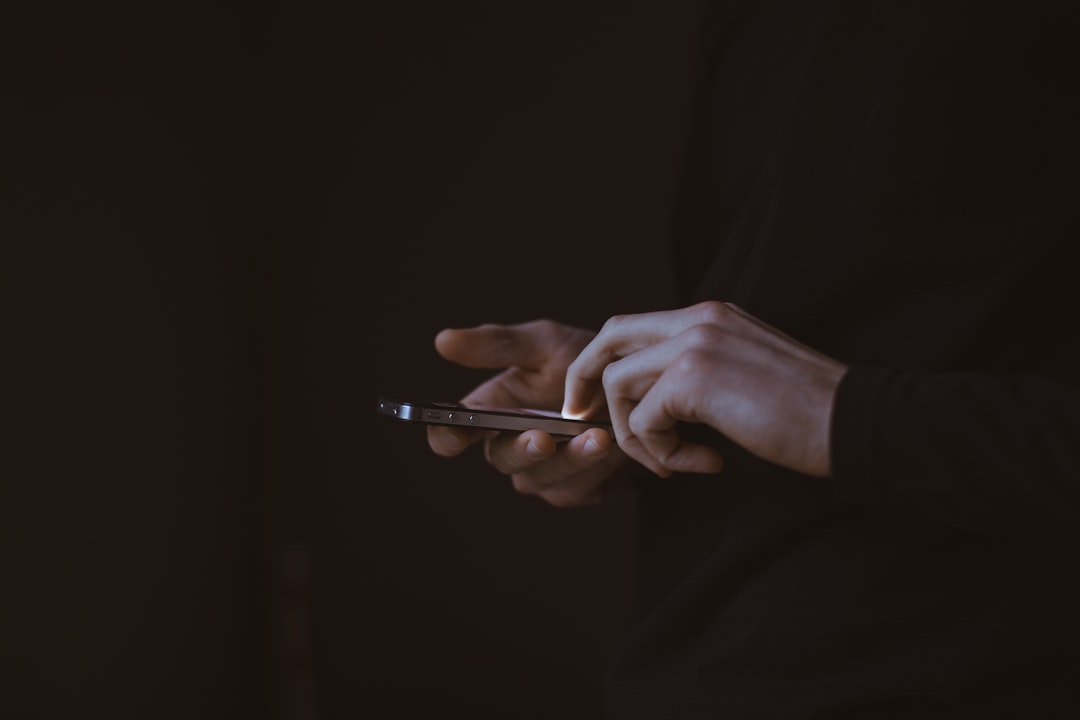
In Chicago, the Do Not Call rules are enforced by the Illinois Attorney General’s office, specifically the Consumer Protection Division. This division is tasked with ensuring that businesses comply with state laws designed to protect consumers from unwanted phone calls. The enforcement process involves investigating complaints from residents who have received calls in violation of these rules. Do not call lawyers in Illinois play a crucial role in this by assisting both businesses aiming to stay within legal boundaries and consumers looking for recourse when they receive unlawful marketing calls.
These attorneys specialize in navigating the complexities of consumer protection laws, helping businesses draft and implement effective do-not-call policies, and representing consumers who have been harmed by telemarketing practices that break Illinois’ strict regulations. Their expertise ensures that both sides understand their rights and responsibilities under the Do Not Call rules, contributing to a fairer and more compliant marketplace for Chicago residents.
Exclusions and Loopholes: What's Allowed?
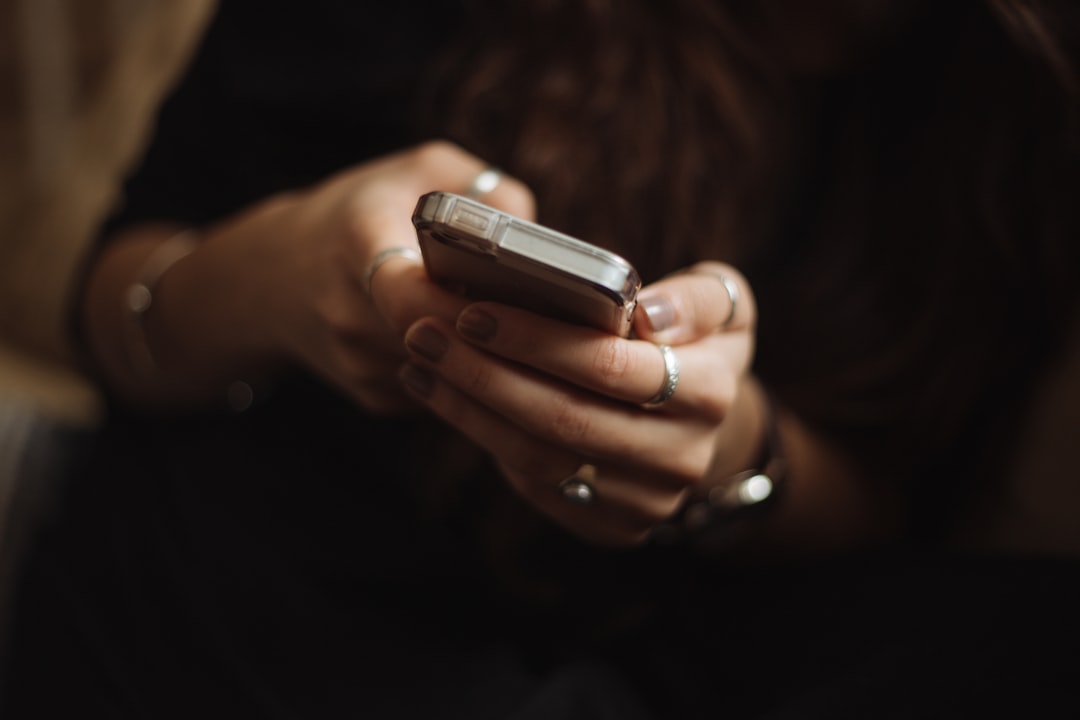
In Chicago, Do Not Call rules differ from national laws by including specific exclusions and loopholes that govern what’s allowed in terms of telemarketing activities. Unlike federal regulations, which often have broad guidelines, local rules can get intricate, leaving room for various interpretations. For instance, while Illinois’ Do Not Call Laws generally prohibit unsolicited calls, certain categories are exempt. These may include calls from charities, political organizations, or specific types of business-to-business interactions.
However, even within these exemptions, there are restrictions. For example, charities must follow strict guidelines regarding call frequency and provide opt-out options to donors. Moreover, Do Not Call laws in Chicago often mandate that businesses obtain explicit consent before making marketing calls, ensuring residents’ privacy and peace of mind. This local focus on refining national norms highlights the unique challenges and considerations faced by Illinois’ Do Not Call lawyers in navigating these regulatory nuances.

